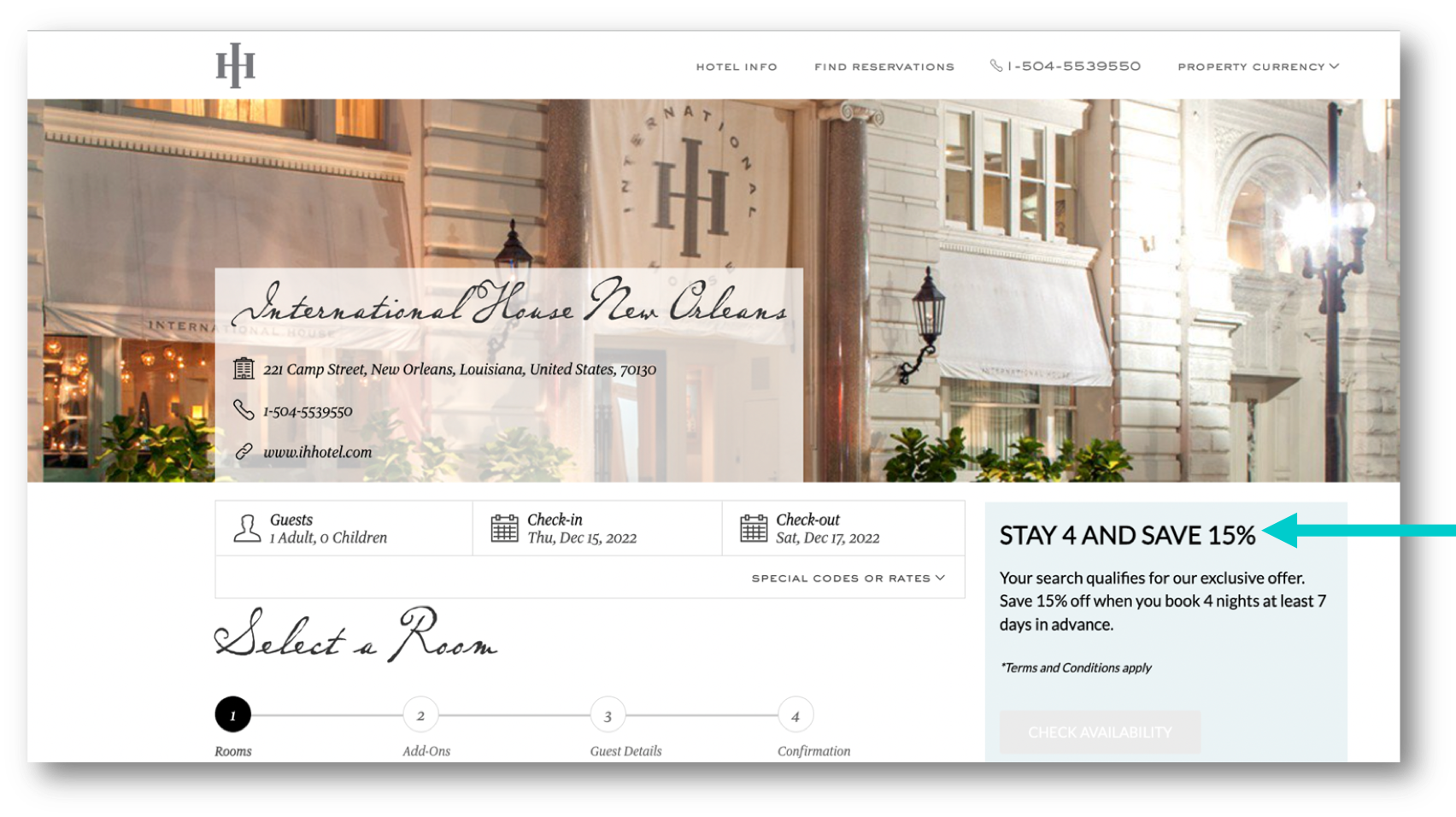United States President Biden is taking action to remove “junk fees” which he pejoratively refers to as the hotel’s “resort fees.” What is referred to here as junk, hotels see as a necessary charge to cover their properties’ fitness centers, pool services, high-speed wifi, and many other surprise and delight perks the hotel provides. Specifically, President Biden recently stated, “each year, these junk fees that companies charge cost Americans tens of billions of dollars, weighing down family budgets and making it harder for people to pay the bills, so my administration has taken action to eliminate these.” Listening to Biden’s guidance, the Federal Trade Commission (FTC) published “advance notice of proposed rulemaking” to eliminate “deceptive or unfair acts or practices relating to fees.”
What can hotels do to plug the gap?
While hotels can debate the pending ruling against resort fees, it won’t necessarily stop the FTC from stopping this rulemaking proceeding. What can hotels do now to be proactive and find ways to replace the pending lost revenue? Hotels can take the initiative and convert the traffic that already visits their website. Increasing direct channel conversion, and also shifting OTA bookings, are sure ways to fill the pending deficit and even grow additional revenue. The commission would be reduced by bookings garnered on the direct channel. What is the optimal amount of shift? Each hotel would need to do the calculation of commission paid versus the per reservation resort fee lost to determine the minimum amount of bookings that need to be shifted to fill the pending resort fee hole.
How can the channel shift be implemented by the hotel?
For the change to take place, hotels will need to be more aggressive further up in the buyer’s journey. The existing journey for travelers shopping for a hotel room typically starts at an OTA site, like Expedia. As the customer filters down their list of three to four hotels, they temporarily leave the OTA site and visit the hotel websites to learn more about the hotels and get a feel for their on-property experience. This research phase is a critical part of the customer journey where hotels need to leverage all tools at their disposal and convert that visitor once they arrive on their website. The hotel needs to implement a strategic set of messages that conveys urgency, as well as reassure customers that they are getting the best deal right there and now.
How can this be accomplished on the hotel’s direct channel?
The solution is to use a series of powerful marketing technologies that, at first, can target website visitors, then deliver persuasive personalized messages that resonate with the visitor based on the date they are shopping, their location, the number of guests in their travel party, and/or the number of days they are staying.

Personalized message shown only to users searching for a 2-night stay to increase length of stay
Hotels can also add machine learning and AI-driven Predictive Personalization to their hotel website and help target visitors based on purchase intent. Once the visitor's intent is identified in the system, the visitors with high purchase intent versus those with low intent can be targeted and delivered different messages. Low-intent visitors will be targeted and offered a deeper discount than they can find anywhere else on the website. Inversely, high-intent visitors will not be shown any discounts or promotions. The system will sell up, encouraging the guest to spend more either on a higher package or a longer stay. When implemented on a hotel website, high-intent users convert and spend significantly more.
There may not be a way to stop hotels from losing revenue from resort fees, but hotels can act now to counterbalance this deficit by driving more direct bookings and saving on OTA commissions.
ABOUT THE AUTHOR
Michael J. Goldrich, THN's Chief Experience Officer. After spending nearly two decades in digital marketing and project leadership for multimillion-dollar brands and startups, Michael knows what truly drives website engagement and conversions – and it’s not by leveraging the marketing trend of the month. It’s how well you connect with the potential guests you’re trying to help and communicate your understanding back to them.






